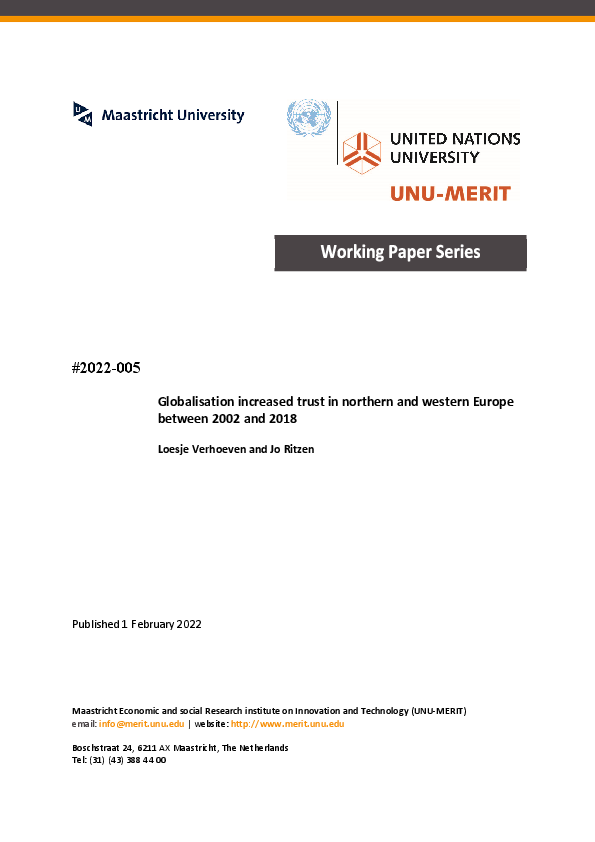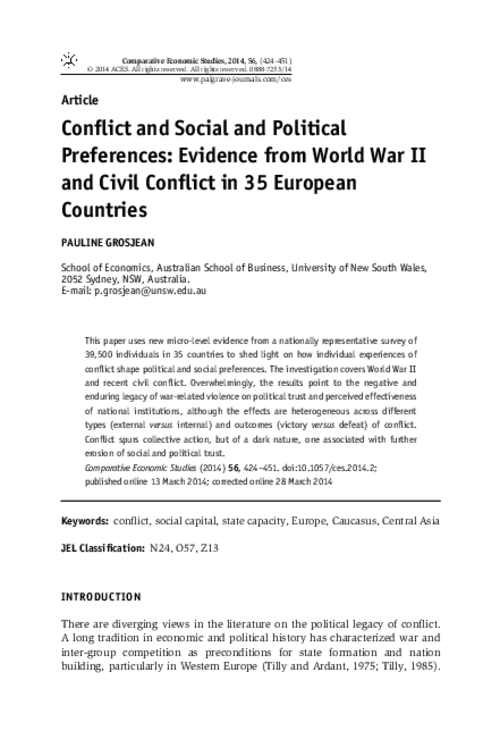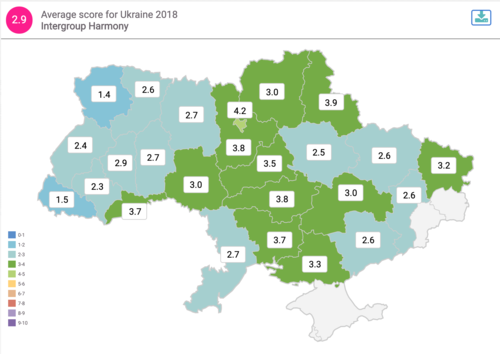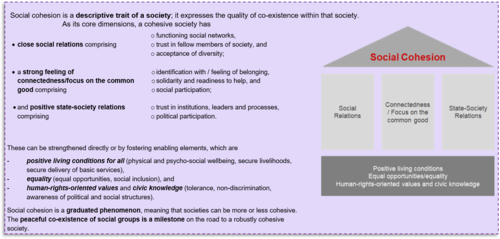Globalisation increased trust in northern and western Europe between 2002 and 2018
Key facts
Equality/Inequality
Switzerland
Germany
France
United Kingdom
Sweden
Inequality
Summary
Institutional trust and interpersonal trust are supposedly threatened by globalisation. In a case study of twelve countries in Northern- and Western Europe, however, we show that the substantial globalisation of the first two decades of the 21st century has contributed to institutional trust and - less significant - to interpersonal trust. This relation is non-linear. The "usual suspects" of income inequality and diversity have decreased institutional and interpersonal trust. Only specific Government expenditures (education and culture) have contributed to trust, more so in combination with high quality of institutions. High trusting countries (compared to Austria) turn out to be: France, Germany, Sweden, Switzerland and the UK. The positive effect of globalization on trust is "carried" by the higher educated and those with higher incomes.

Explore the hub further

Research Institute Social Cohesion (RISC) - Forschungsinstitut Gesellschaftlicher Zusammenhalt (FGZ)



